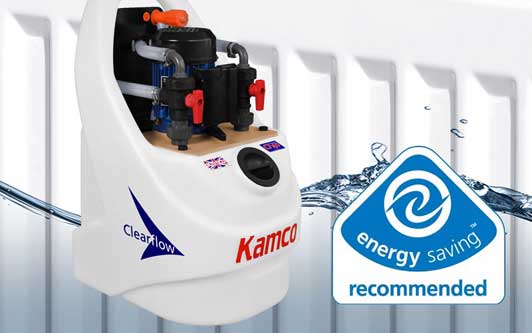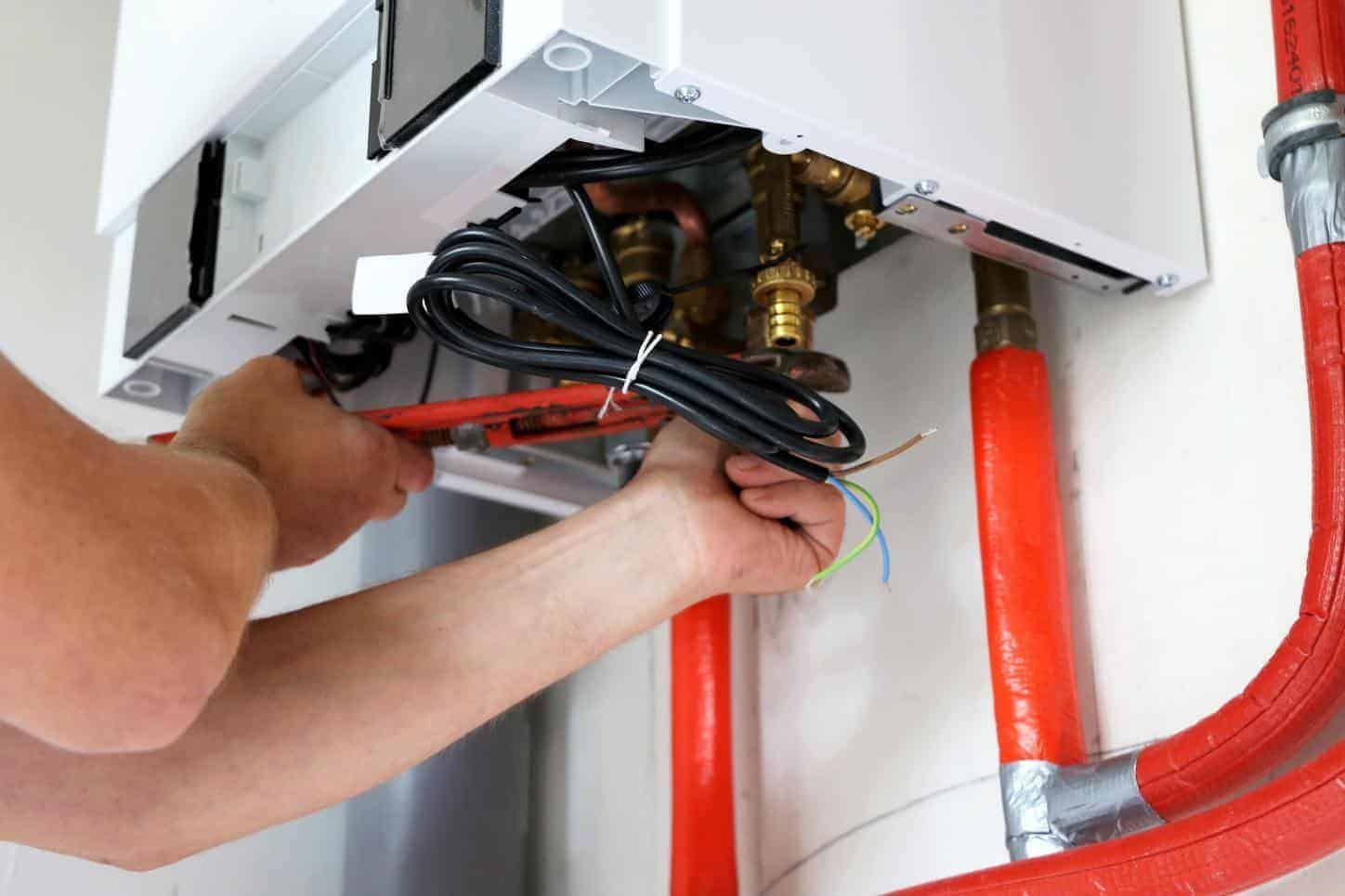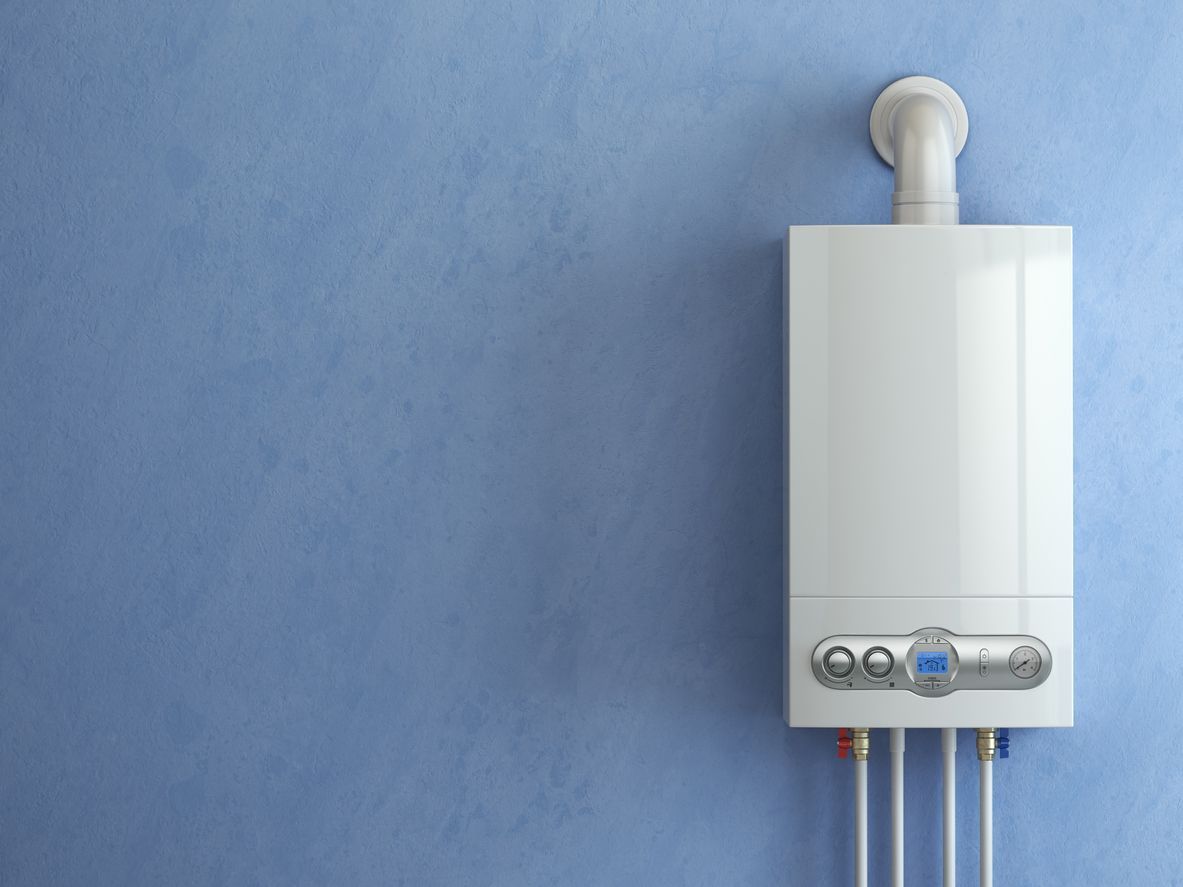Types of Gas Boilers Explained: Combi & Regular System Boilers
What Are Gas Boilers?
Gas boilers are heating systems that use natural gas to heat water for central heating and hot water supplies. They are one of the most common and energy-efficient ways to heat homes. Gas boilers transfer heat from burning gas to water, circulating through radiators or underfloor heating.

Why Choose Gas Boilers?
Gas boilers are popular because they offer high efficiency, reliability, and lower energy bills than electric boilers. They come in various types, ensuring a boiler system matches every household's needs, from instantaneous hot water to serving multiple bathrooms.
Type of Boiler Explained
There are two primary types of gas boilers: combi boilers and regular boilers. Understanding each function will help you choose the best system for your home.
Combi Boiler
A combi boiler (short for combination boiler) is a compact and highly efficient boiler that doesn’t require a cold water storage tank or a hot water cylinder. It heats water directly from the mains, providing both heating and hot water on demand. Combi boilers are ideal for smaller homes with lower hot water demands.
Regular Boiler
A regular boiler, a heat-only or conventional boiler system, uses a cold water storage tank and a hot water cylinder. These systems are often found in older homes and are ideal for houses with higher hot water needs, primarily where multiple bathrooms may be used simultaneously.
Combi Boiler vs Regular Boiler
When choosing between a combi boiler and a regular boiler, it’s essential to understand the key differences.
- Combi boilers provide instant hot water without needing a storage tank, while regular boilers store hot water in a cylinder for use when needed.
- Combi boilers are more compact and take up less space than regular systems.
- Regular boilers are often more suitable for larger homes with high water demands.
How Does a Combi Boiler Work?
A combi boiler heats water directly from the mains as needed. When you turn on a hot water tap or the treating system, the boiler ignites and begins heating water via an integral heat exchanger. This provides almost instantaneous hot water and central heating to your home.
How Does a Regular Boiler Work?
In contrast, a regular boiler heats water using a feed and expansion tank and stores it in a hot water cylinder. The system provides a constant hot water supply despite high demand. However, once the stored supply has been used up, the water needs time to reheat.
Advantages of Combi Boilers
- Space-Saving: No need for cold water tanks or hot water storage tanks.
- Instant Hot Water: No waiting for water to heat, only boilers.
- Efficiency: Combi boilers are highly energy efficient since they only heat the water you need.
Advantages of Regular Boilers
- Suited for Larger Homes: Regular boilers supply hot water to multiple outlets simultaneously.
- Ideal for Older Heating System boiler: It can work with traditional central heating system boilers and may be compatible with solar thermal panels for more eco-friendly heating.
Energy Efficiency of Gas Boilers
Whether you choose a combi boiler or a regular system boiler, modern condensing boilers are designed to be energy efficient. They use a secondary heat exchanger to capture and reuse heat that would otherwise escape through the flue, reducing energy waste and lowering your heating bills.
Which Boiler Is Right for Your Home?
Choosing the correct boiler depends on your home's size and hot water demands. Smaller homes with fewer occupants and one bathroom may find a boiler more suitable. In contrast, larger homes with multiple bathrooms and high water usage will benefit more from a regular boiler.
The Role of Cold Water Storage Tanks and Hot Water Cylinders
In a regular system boiler, the cold water tank is typically located in the loft, and the hot water cylinder is stored in an airing cupboard. These components help store and supply water for heating and hot water needs.
System Boilers for Larger Homes
For more significant properties, especially those with several bathrooms, a regular boiler with a separate hot water cylinder and water storage tank provides a steady hot water supply, even during peak usage—system boilers. Regular boilers are also called heat-only boilers or conventional boilers.
Key Features to Look for in a Gas Boiler
When selecting a new boiler, consider the following features:
- Efficiency Ratings: Look for high-efficiency boilers to save on energy bills.
- Water Pressure: Ensure the boiler can handle your home’s water pressure requirements.
- Size and Space: Unlike combi, which are more compact, regular boilers, due to their additional components, take up more room.
Maintaining Your Gas Boiler
Regular gas boiler maintenance is crucial to ensure its long-term performance and efficiency. Schedule annual servicing and check for leaks, pressure drops, or strange noises from the system boilers.
Conclusion
Choosing the correct boiler for your home can seem daunting, but understanding the differences between combi and regular boilers can make the decision easier. Whether you need an efficient, space-saving combi boiler or a robust, high-capacity regular boiler, there's a solution to suit every household’s needs. Remember, efficiency is vital; with proper maintenance, your boiler will serve you well for years.








